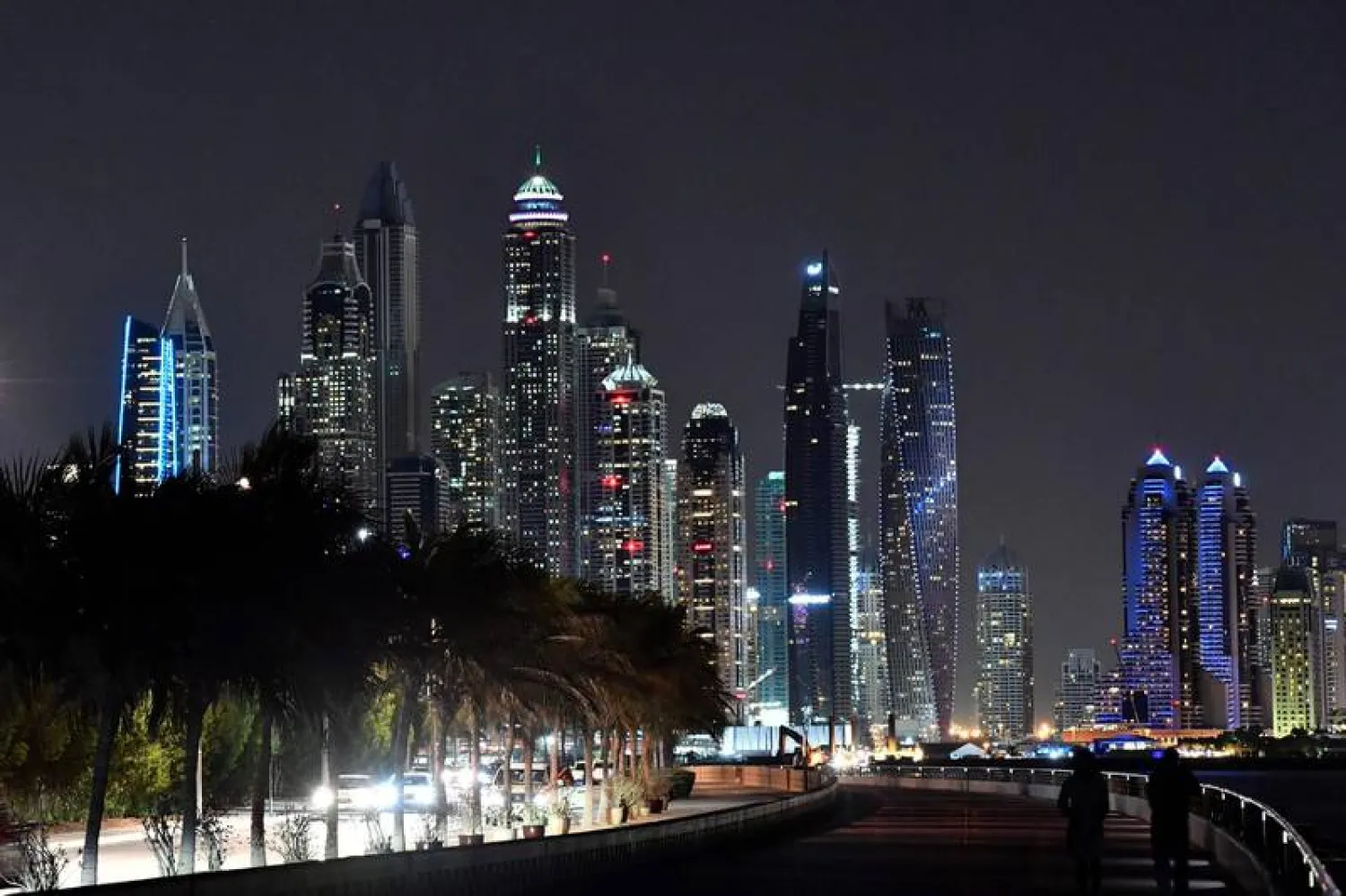Private sector companies in the UAE will have to fill 10% of their positions with Emirati nationals in five years’ time, the UAE said on Sunday in its latest tranche of economic reforms.
The Gulf state also said it plans to spend 24 billion dirhams ($6.53 billion) to create 75,000 private sector jobs for its citizens over five years.
The target for 10% of private sector workers to be Emiratis will start with a 2% target in the first year, the UAE government said on its Twitter account.
It also said it wanted to have 10,000 Emiratis in the nursing sector in five years’ time.
Since the 2014-2015 oil price shock and as Gulf states try to diversify their revenue bases away from hydrocarbons, they have increasingly encouraged their citizens to work in the private sector rather than be on the state's payroll.
The initiatives are part of 50 new economic projects the UAE is announcing this month to boost the country's competitiveness.
The UAE has launched several measures over the past year to attract investment and foreigners to help the economy recover from the effects of the COVID-19 pandemic.
Various other provisions around private sector employment were announced on Sunday, including granting Emiratis in government jobs a leave of absence and 50% salary for 6-12 months should they want to explore starting their own business.
A child allowance of 800 dirhams per month up to a maximum of 3,200 dirhams will be made to Emiratis working in the private sector, officials said.
Last week the UAE said it wanted to attract 550 billion dirhams ($150 billion) in foreign direct investment in the next nine years and that it would create more flexible visas to attract residents and skilled workers.
A UAE trade delegation is this week in the United States to deepen the trade partnership, state news agency WAM said.









